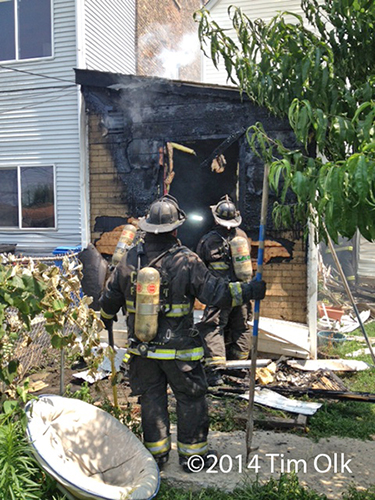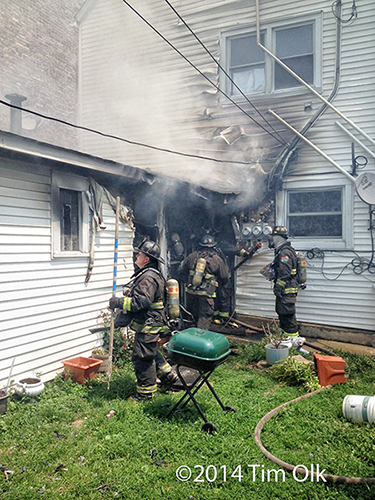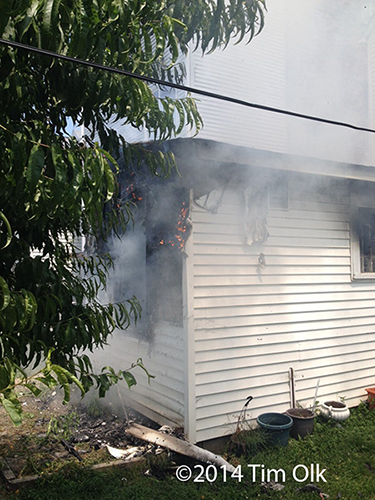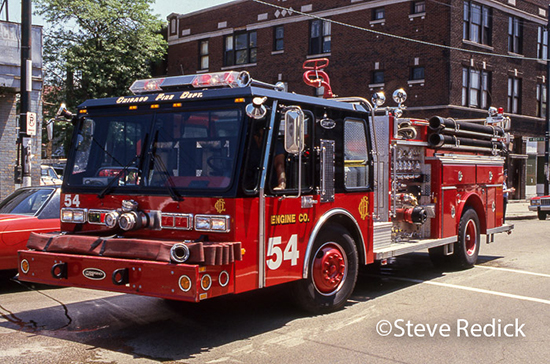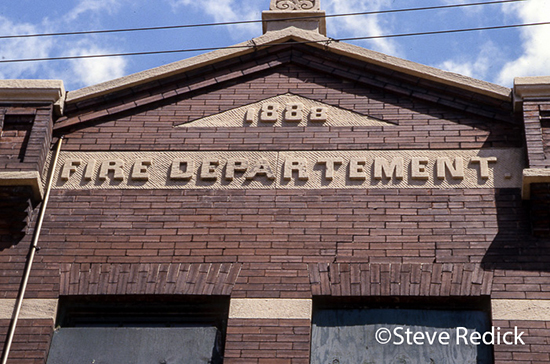The Better Government Association has an editorial about the practice by several area fire departments to charge non-residents for services at motor vehicle accidents.
One of our jobs at the Better Government Association is to look for warning signs that suggest trouble may be on the way. And with that in mind, I point to a recent BGA investigation that sounds the alarm at a number of Chicago-area fire departments, but not because there’s an actual blaze.
This alert is sparked by a growing and potentially troubling trend in emergency service that requires victims of car accidents to help fill municipal budget holes. It’s known as a “crash tax,” and it’s quietly showing up in more and more communities as fire departments struggle to make ends meet.
The BGA found at least fifteen Cook County suburbs that are now billing non-residents after providing emergency responses to their accidents. That means if you get into a car crash, you might be charged for the fire crew that comes to help, even if the accident is minor or not your fault.
Some departments charge an hourly rate — anywhere from $250 to $400 for each engine that responds, and $35 to $75 per firefighter — while others charge flat fees ranging from $435 to $2,200, depending on the situation. It could be a major accident with people seriously injured or trapped inside a car, or routine work like directing traffic, cleaning up debris or simply waiting for a tow truck to arrive.
These services have typically been free to the recipients and covered by local property taxes in the responding municipality. But towns and villages are scouring the landscape for resources these days, and that means sending out bills for first responders. The concept is to recoup some of the costs of running a fire department by collecting money from the auto insurance companies that provide coverage to accident victims.
But what if the driver doesn’t have insurance, or the claim is denied? In some cases, unpaid bills end up with a collection agency, which is what happened to Daryl Jenkins Jr. of west suburban Berkeley. He was hit with a bill last year after a small fire broke out under the hood of his SUV, and his brother, who was driving the vehicle at the time, called 911 for help. The Broadview Fire Department arrived and doused the flame within 11 minutes, according to the incident report.
But Jenkins was charged for one engine on the scene, at a rate of $250 per hour, and four responders, at $35 each, for a total of $390. He was shocked to see the tab, and he probably has a lot of company — drivers who get caught up in similar situations.
The Broadview Fire Department contends that non-residents don’t pay the village’s property taxes, so drivers from out of town can’t expect free emergency service.
Other agencies make the same argument, even though the fees bring in just a fraction of what it costs to run a department.
It’s true that fire stations are expensive operations, and we’re not trying to tell first responders how to do their jobs.
But this practice raises several concerns:
- It borders on predatory to target those who’ve suffered the pain or trauma of an accident, and those who can’t afford to pay the fees, by unleashing collection agencies on them.
- It can easily be abused if fire departments send out more trucks, equipment and manpower than necessary to pad the bills.
- It’s arbitrary — that is, dependent on the decisions of insurance companies to reimburse or deny the claims.
We certainly understand the need for new and creative revenue streams to keep property taxes from skyrocketing out of control.
But if more fire departments are going to be charging for emergency services, let’s build in safeguards that protect the victims of car accidents from being jolted a second time by an unexpected bill.
thanks Dan
